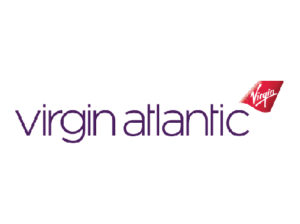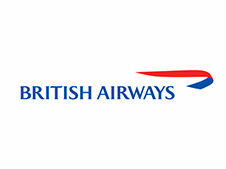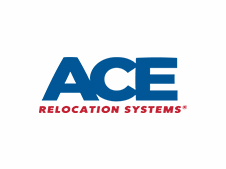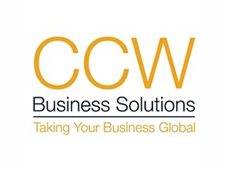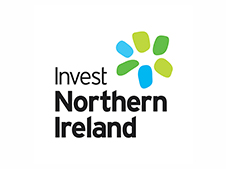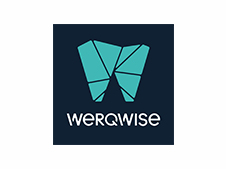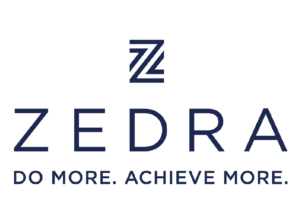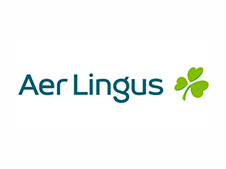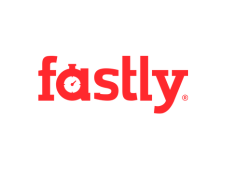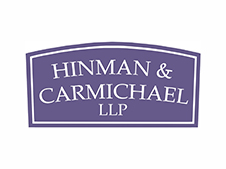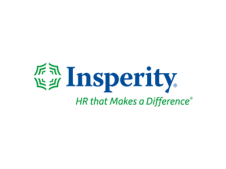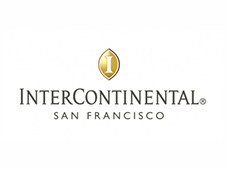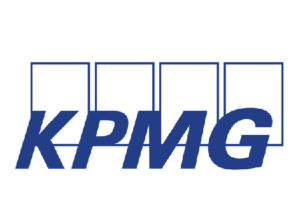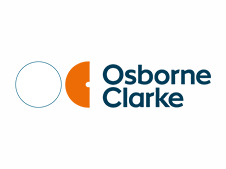Nick Whitehead, Senior Manager at ZEDRA talks us through the history and benefits of SPACs and their future impact on global expansion
You can’t escape references to ‘SPACs’ at the moment. They’re a hot topic across the investment world with some high-profile successes in recent times, including Bill Gates-backed electric vehicle battery producer, QuantumScape, and the popular Churchill Capital IV, a SPAC soon to merge with Tesla competitor, Lucid Motors.
What are they?
A Special Purpose Acquisition Entity (SPAC) is fundamentally a shell company that is listed on an exchange with the sole intention of merging with another entity. The SPAC raises funds through an IPO, then uses the funds raised to merge with (or be acquired by) an unlisted operating entity. As a result, the acquired entity will become publicly traded by way of the transaction, rather than undertaking its own IPO.
What’s all the fuss about?
Listing through a SPAC can provide companies with an array of benefits, which is what has driven their recent rise to popularity. This is a recent trend despite being around since 1993, when David Nussbaum and his fellow GKN Securities founders developed the template for what we now know as a SPAC. The benefits of SPACs include:
- More Access to Capital – merging with a SPAC provides companies who might not, in their own right, be a reasonable candidate for an IPO, the ability to access capital that would previously be unattainable.
- Experienced Management – a SPAC will usually come with a management board made up of individuals with significant experience in the sector in which they are targeting. A small or medium sized company using a SPAC to raise funding will also have access to the breadth of experience offered by the board members.
- Speed of Completion – where a traditional IPO might take six months and sufficient expertise/resource to list directly, a merger with a SPAC can be completed in a three to four month time frame which helps companies access funds raised much quicker.
How does this impact global expansion?
The driving factor in companies deciding to merge into a SPAC is, in the most part, access to funds. With this becoming an appealing, popular and increasingly straight forward option, it might be that we see companies willing to forgo geographical convenience and relocate to somewhere new that works for them.
SPACs are mostly used in the US, where they became increasingly popular during 2020, and we are seeing UK entities exploring this transatlantic opportunity as a viable option for their fundraising and expansion. However, we are seeing the UK reacting accordingly with the news that Chancellor Sunak will be commissioning a revie of UK stock market rules and regulations in a bid to enable high-growth tech companies and produce SPACs with better acquisition opportunities. Without a doubt, SPACs will soon become a more frequent transaction seen in the UK markets too.
With London very much open for business, a long history of success for tech and fintech companies and now, another technique available to access funds and promote growth – we’re set to enter a new phase in global expansion, with SPACs leading the charge.
Further information


